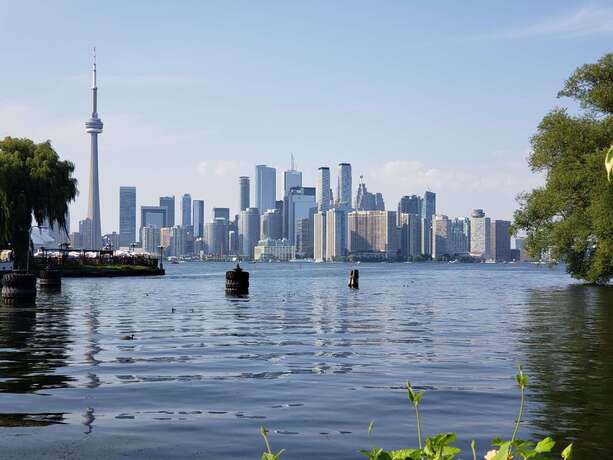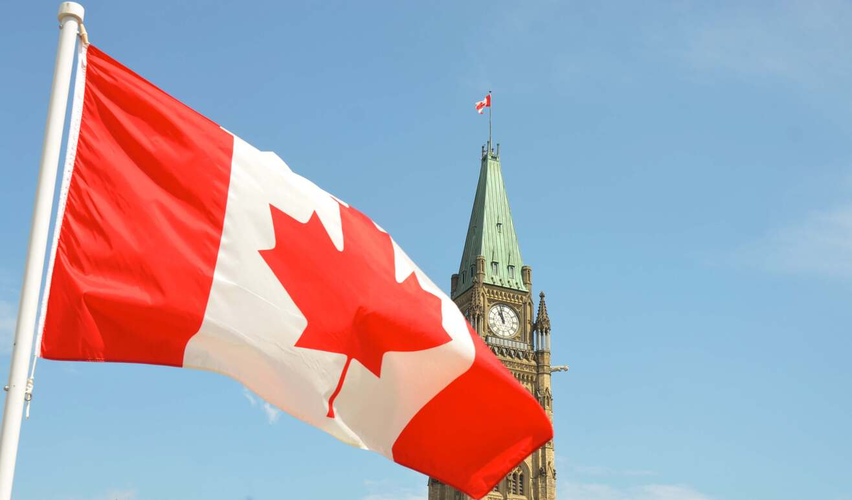
studying in Canada
Canada has a deeply rooted history of immigration. Every year welcomes people from all over the world in different ways. From 2015 to 2018, Canada standing rose from its rank in the top 4 international study destination among all other countries of the world. In 2018 Canada welcomed 356,000 International Students which recorded a 13% increase from the previous year. This is a positive manifestation of the country as an ideal place for higher education studies and one of the most livable country in the world.
Studying in Canada offers numerous benefits to many international students. The country is a cradle of top universities and research institutions that are recognized all over the world. Canada’s average cost of studies and living expenses for international students is lower than other top student destinations – the UK, the United States and Australia.

study programs
International students may choose a variety of programs to study in Canada from kindergarten, elementary, bachelor’s degree, certificate and diploma programs. Canadian universities offer BA, MBA and PhD programs while both Canadian colleges and universities also offer varieties of short-term summer language courses, continuing education and exchange programs. Majority of the programs are open and offered during September every year however, there are a handful of programs that are offered during winter and spring intakes.
Short-term programs of less that 6 months generally does not require STUDY PERMIT. Instead, you will only need a VISITOR VISA unless you have selected a pre-requisite program leading to the completion of an academic program. Anyone who intends to study in Canada must obtain a genuine and valid Letter of Acceptance from an educational institution who is also listed under the Designated Learning Institute (DLI) record.
Approximately, there are 500 post-secondary institutions (both public and private) recognized in Canada including the theological schools. Aside from the, according to Statistics Canada data, there are approximately 15,500 elementary and secondary schools all over the country. There are more than 10,000 undergraduate and graduate degree programs offered in Canadian universities, as well as professional diploma and certificate programs (source: Education in Canada).

required documents
Selecting the best program is very important for an International student to consider as it will also affect the subsequent work entitlement and eventually lead to a possible permanent residence pathway. Each interested International Student applicant must prepare the following documents in order to apply for a study permit in Canada:
- A valid and genuine Letter of Acceptance from a Designated Learning Institution (DLI)
- Financial resources to support the intended studies in Canada including the tuition fees, living expenses and other related maintenance costs of the student or with the entire family who will be coming to Canada
- A Police Record or a related document attesting with NO CRIMINAL RECORD or DEROGATORY record of the student applicant
- A medial examination report issued by the Panel of Physician accredited by the Canadian government
- A valid Passport or Travel Document
- A genuine intent to study and leave Canada at the end of the study period
While in Canada, if an International Student wants to proceed to a higher program or Masters or Doctorate degree, an in-Canada application for extension maybe made depending on the circumstances of the student.

Student Benefits
An International Student who is enrolled from a Designated Learning Institution and actively pursued the studies while in Canada may be eligible for a Post Graduation Work Permit (PGWP) after the completion of a post-secondary program in Canada.
A Post Graduation Work Permit (PGWP) is an open-work permit by nature that allows the international students to work full-time and eventually gain the Canadian work experience. Various skills can be applied by a post-graduation work permit holder within the National Occupational Classification (NOC) that will be a key to qualify for any permanent residence pathway in Canada.
Our Canadian services offered to our clients include different options from Professional Consultation, Hassle-Free full representation or DO-IT-YOURSELF support services. As an experienced FILIPINO Immigration Consultant, we take pride on our Representation assistance and packages that would clearly segregate the GENUINE, PROFESSIONAL and PROPER Canadian Immigration Advisory services than any UNVERIFIED and UNAUTHORIZED interpretation.
Our Professional Fees
-
ask anything
$150 1Hr File Review and Consultation
- 1Hr Consultation
- Assessment Report
- Authorized Representation
- Personalized Checklist
- Phone and Online Support
- Client Login Portal
- ATIP Notes (If Applicable)
-
hassle free
$1500 Full Package for One Applicant
- Authorized Representation
- Personalized Checklist
- Forms and File Review
- Study Plan Assistance
- Client Login Portal
- Phone and Online Support
- ATIP Notes (If Applicable)
-
status extension
$200 1Hr File Review and Consultation
- 1Hr Consultation
- School Admission
- Personalized Checklist
- Forms and File Review
- Client Login Portal
- Phone and Online Support
- ATIP Notes (If Applicable)
-
POST GRADUATION WORK PERMIT
$300 Full Package for One Applicant
- 1Hr Consultation
- Supporting Letters
- Personalized Checklist
- Forms and File Review
- Client Login Portal
- Phone and Online Support
- ATIP Notes (If Applicable)
still have questions?
book a free consultation
-
Book a FREE 15 minutes Phone or Online Consultation with the following Topic
-
Study in Canada
15 Minutes
FreeImmigrate to Canada
15 Minutes
FreeSponsor a Family
15 Minutes
FreeWork in Canada
15 Minutes
FreeVisit in Canada
15 Minutes
FreeBecome a Canadian Citizen
15 Minutes
FreePilot Programs
15 Minutes
FreeAsk Anything
15 Minutes
Free



reviews